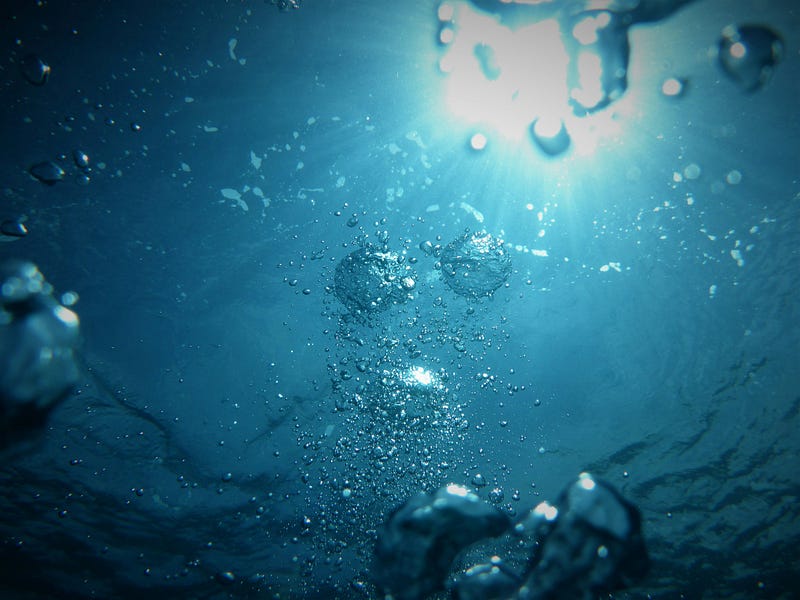# Rethinking Daily Water Intake: The Truth About Hydration
Written on
Chapter 1: The Myth of 8 Glasses a Day
It's time to reconsider the common advice to drink eight glasses of water daily. This widely accepted guideline might not be as beneficial as you think.
For years, I believed that my hydration depended solely on consuming large quantities of water. I diligently forced myself to drink more, hoping to alleviate signs of dehydration. However, my efforts were in vain; the expected benefits never materialized.

After conducting thorough research, I uncovered a surprising truth: excessive water intake can, in fact, lead to dehydration. Below are some widespread misconceptions regarding water consumption:
- You should drink eight glasses of water daily.
- Clear urine indicates proper hydration.
- If you feel thirsty, you're already dehydrated.
These assertions are fundamentally flawed. The amount of water required varies greatly among individuals and depends on numerous factors. Ultimately, your body signals its need for water through thirst.
Section 1.1: How Overhydration Affects You
You may be wondering how consuming too much water can actually dehydrate you. The answer lies in the dilution of electrolytes within your body, which hampers their crucial functions.

Subsection 1.1.1: A Smarter Hydration Strategy
A more effective approach to maintaining hydration is to supplement your water intake with electrolytes. If you lack electrolyte supplements, a simple dash of salt in your morning water can help retain fluid in your body and support lasting hydration.
Chapter 2: Further Insights on Hydration
To deepen your understanding of hydration, check out these informative videos:
The first video, "Why Drinking 8 Glasses of Water Per Day is a Myth – Dr. Berg Explains," discusses the misconceptions surrounding water intake and offers insights into healthier hydration practices.
The second video, "Why you don't need 8 glasses of water a day | Body Stuff with Dr. Jen Gunter | TED," presents compelling arguments against the standard water intake recommendations.
By reevaluating your hydration habits and understanding your body's signals, you can achieve better health outcomes without the pressure of meeting arbitrary water consumption goals.